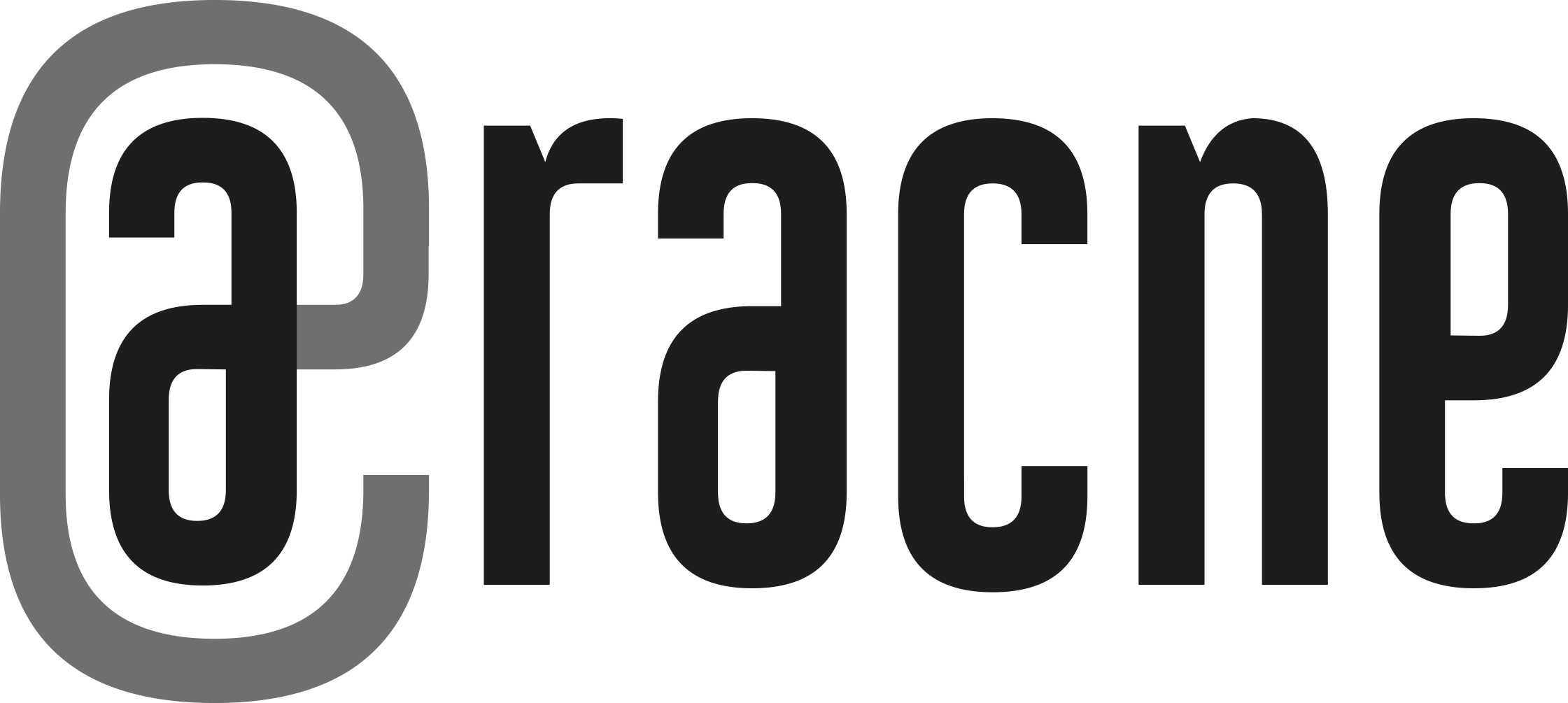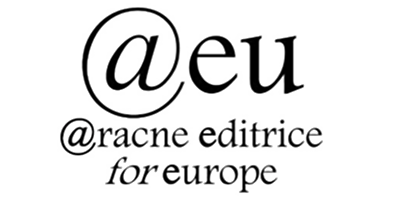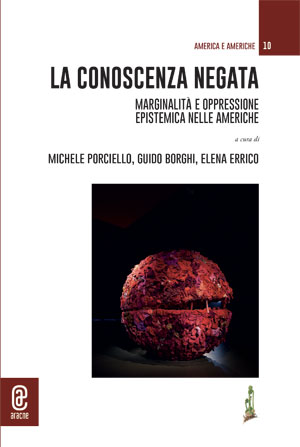Estratto dal volume La conoscenza negata
8. Exploring the early–career Canadian academic discourse on epistemic (in)justice. Citing and quoting scholars: who is (not) voiced and who shapes Canadian MA/MSc and PhD dissertations in English
DOI: 10.53136/97912218193429
Pagine: 233-301
Data di pubblicazione: Giugno 2025
Editore: Aracne
SSD:
M-STO/02 M-STO/04 SPS/05 SPS/06
Though at the end of the 1980s, scholars such as Lorraine Code and Gayatri Spivak discussed respectively epistemic responsibility (1987) and epistemic violence (1988), the landscape of epistemic harm has evolved significantly since Miranda Fricker’s foundational paper in 1998, with heightened interest following her book’s release in 2007. A growing body of literature continues to explore issues of voice, agency, and diversity (Cummings & Hoebink, 2017; Koskinen & Rolin, 2019; Godrie et al., 2020; Drolet et al., 2022; Gonzales et al., 2023) also within academic discourse. Combining a quantitative and qualitative approach, this study is based on a corpus of Canadian and Québécoise MA/MSc and PhD dissertations dealing with a range of wrongdoings people may experience in their capacity as knowers. The research aims to provide a linguistic perspective on the topic and discuss the “two solitudes” paradigm within the geoscape emerging from the corpus analysis as much as the Voyant Dreamscape tool. Three core related questions are addressed. First, whether and how the compound “epistemic (in)justice(s)” or its variants are adopted. Second, what references and sources inform early–stage Canadian and Québécoise academic writing? Third, whether the horizon of these works, which primarily concern the access to and management of knowledge, is open to contributions from both Western and non–Western regions. Finally, addressing issues of “contributory injustice” and/or willful hermeneutical ignorance, a fourth question is tackled: What sources are favoured? And what is left out? An unanticipated yet meaningful finding was the extensive and continually expanding list of terms related to the compound “epistemic injustice(s)” across a variety of research fields. The proliferation of diverse terms and conceptual frameworks highlights a fertile area worth further investigation, particularly in assessing terminology, its implications, and potential biases.




